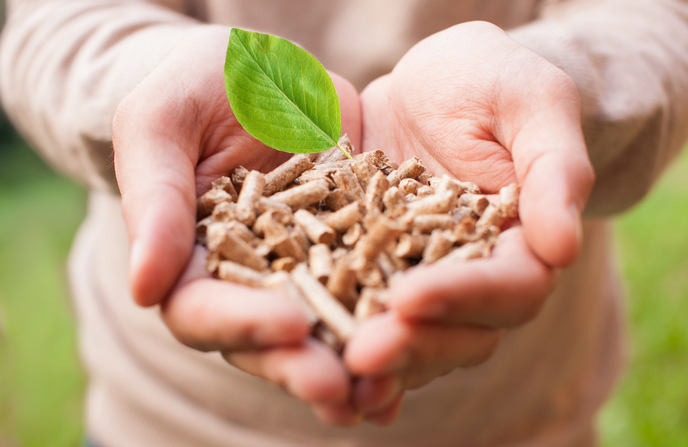A biomass boost to Europe’s bioeconomy
Increasing the production and mobilisation of biomass can have a number of highly positive benefits for the EU’s economy and wider society. These include contributions to the EU’s fight against climate change, ensuring European (and global) food security, building blocks for new and sustainable raw materials, as well as helping to diversify the EU energy sources. The cultivation and sourcing of biomass will also benefit the EU’s long-term economic growth and would be a key generator of new and highly-skilled jobs, all within the broader context of a flourishing and vibrant bioeconomy. In particular, the agricultural sector will have a crucial role to play in bringing biomass’s full potential to fruition. Many promising avenues are currently being explored and supported by the European Commission, such as the development of industrial crops able to grow on marginal lands, new methods being pioneered on crop diversification, and the growth of multi-purpose crops (i.e. providing both food but also non-food outputs). As part of the wider picture, it is planned that these efforts will provide the agricultural sector with the knowledge and expertise needed to support resource-efficient and resilient strategies and solutions for biomass production that allow for increased biomass production but without compromising sustainability targets or local ecosystems. This CORDIS Results Pack is thus focusing on eight EU-funded projects that have been leading the way in integrating novel biomass solutions into the wider European bioeconomy. Selected projects include EUROPRUNING, which has developed a truly innovative pruning-to-energy value chain and the ITAKA project that has used camelina oil to produce sustainable commercial biojet fuel that has the potential to power more than just the aviation industry. Meanwhile, the GRASSMARGINS project has identified the optimal perennial grasses to cultivate as biomass crops on marginal non-arable land, whilst the OPTIMA consortium has cultivated high-yielding perennial grasses capable of serving as the source of many exciting new bio-based products.



